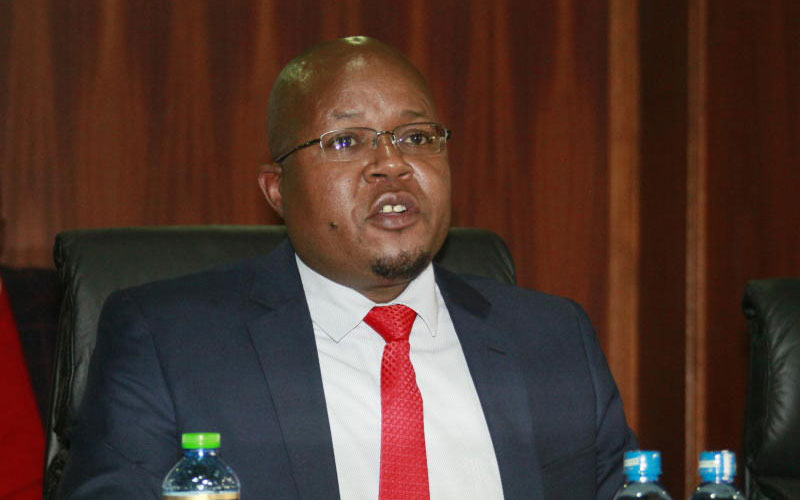×
The Standard e-Paper
Smart Minds Choose Us

Energy and Petroleum Regulatory Authority Director General Pavel Oimeke. His new contract was suspended by court. [File, Standard]
The State Law Office has dismissed a court order requiring the embattled director general of the Energy and Petroleum Regulatory Authority (Epra) to step aside pending the hearing of a case to determine whether he was reappointed irregularly.